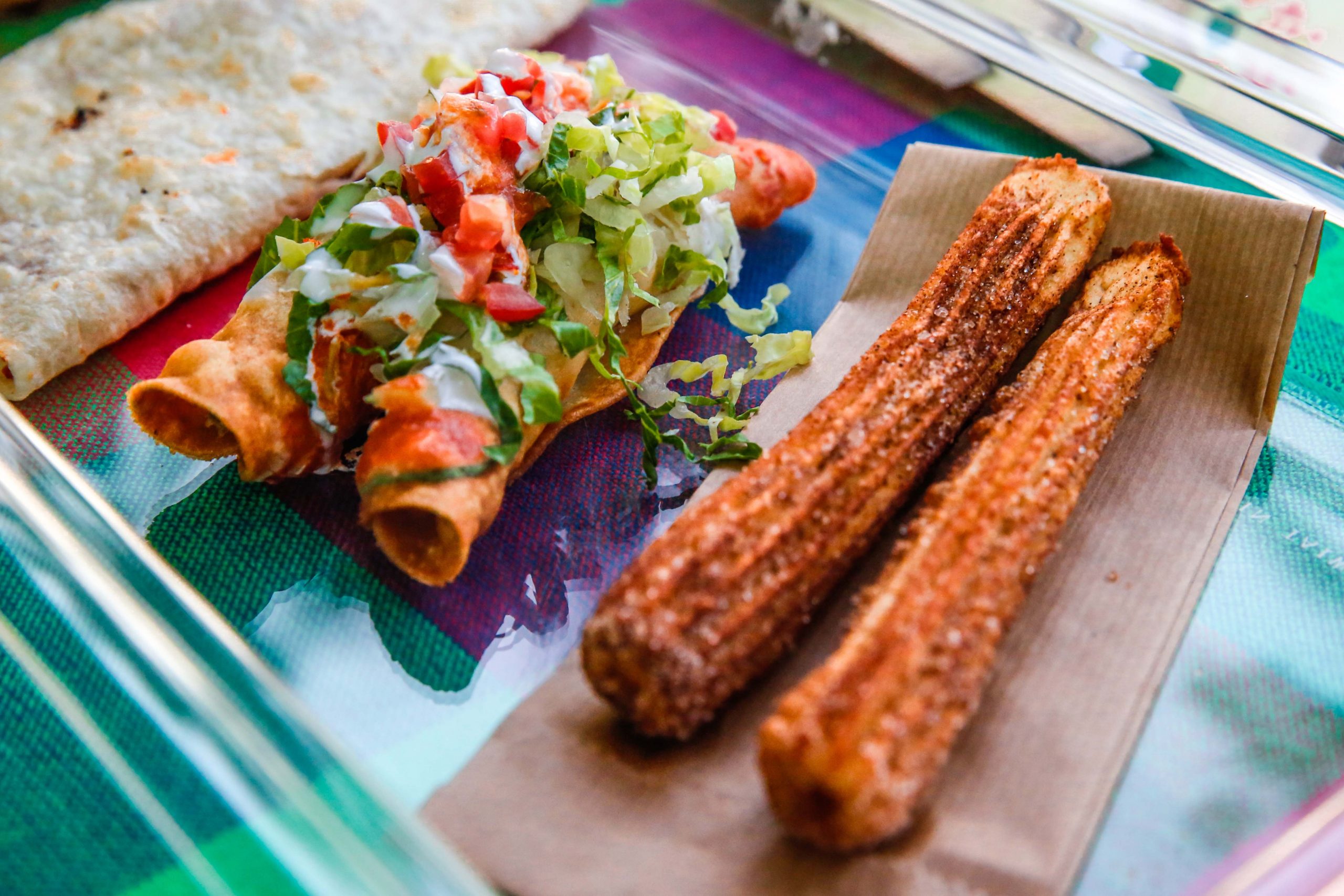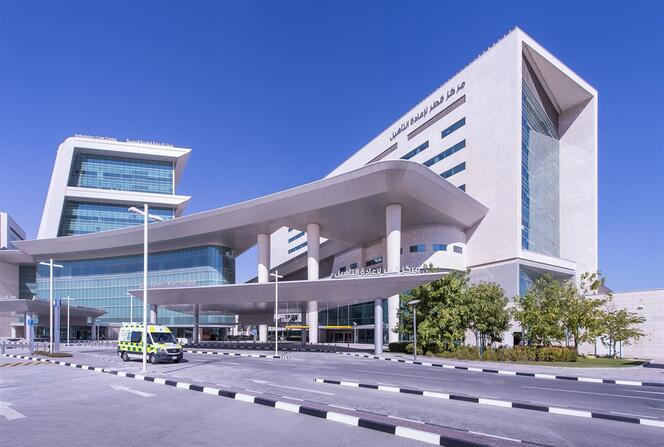
With record high temperatures forecast for the rest of August, and winter still months away, healthcare officials have expressed concerns about rising cases of foodborne illnesses in Qatar.
Summer is the most common time for food poisoning cases in the Gulf country due to the heat, which facilitates bacterial growth, one Hamad Hospital emergency room doctor said.
In a statement, Dr. Galal Saleh Alessai, who is also a medical toxicologist, added:
“Common signs and symptoms of food poisoning include nausea and vomiting, abdominal cramps or pain, diarrhea, fever or bloody stool, and in severe cases the person may go into shock and collapse.
Elderly people, pregnant women, children under five years of age, people with a serious illness or disease such as diabetes, people with a compromised immune system, or those taking medication such as steroids, antibiotics or antihistamines, or people who travel frequently are at a greater risk of contracting the illness.”
Advice
To stay healthy, HMC recommends:
- Maintaining good personal hygiene. Wash hands, make sure to cover or pull hair back while cooking, keep tables and counters clean and make sure the kitchen is free of insects and other pests;
- Serving food (almost) immediately. Food is safest to consume on the same day that it is cooked. Preparing meals in advance could result in incorrectly storing food, increasing the risk of illness;
- Avoiding cross-contamination. When storing food in the refrigerator, be sure to keep cooked meals and raw items away from each other, for example by placing them on different shelves;
- Thawing carefully. When defrosting frozen chicken in the sink, use cold running water, and make sure the temperature does not exceed 21C. Keep frozen items in their original packaging to avoid contamination of the kitchen area; and
- Cooling with ice. Prepared food should be quickly stored in the fridge to lessen the time of room temperature exposure. To help cool down the food before storing, consider cutting up the item into small pieces, sealing it into a container and submerging it into a basin of crushed ice or chilled water.
What tips would you offer? Thoughts?







